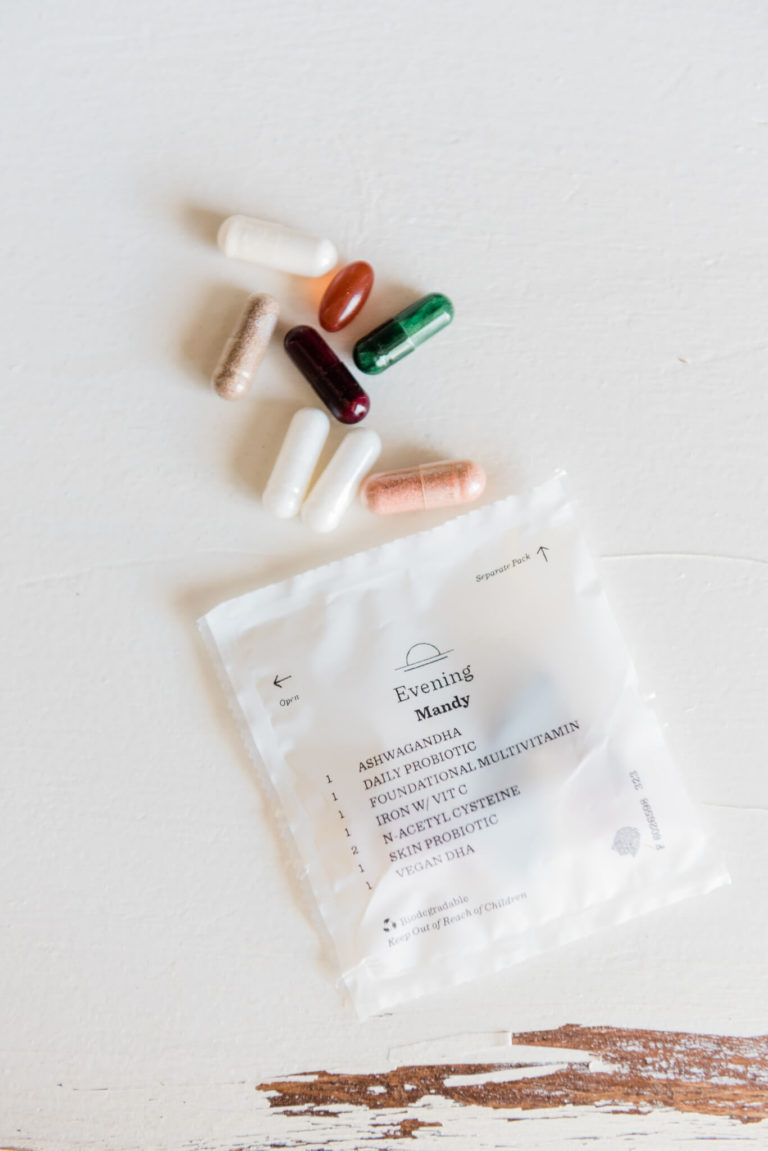Thank you Recycling Simplified by Republic Services for sponsoring this post. Learn more about recycling by visiting the Recycling Simplified website today!
Have you read something that stops you in your tracks and you have to read it over again? That happened to me recently. It said that on average 30% of the items that consumers put in their recycling don’t belong there. 30% is a lot of items that are unrecyclable. There are a few things that contribute to this number, and contaminated items are one of them. If you recycle a bottle of ketchup and you do not rinse all of the product out, then that item is contaminated. Contaminated items can ruin an entire load of recyclables. I learned a few years ago when I sat down and read the rules for recycling that all items need to be cleaned out. Before I read those rules, I did what you call “wish-cycling.” Have you ever placed something in your recycling and in the hopes it would be recycled? I am certainly guilty of that in the past. Now I know what can and cannot be recycled, I am no longer a “wish-cycler.”

Educating myself was a big part of my own recycling journey. Once I knew and understood my local recycling requirements, the next step was to teach my kids all about recycling. Teaching kids about something like recycling can be tough. They don’t quite understand why it is important. This is why I decided to turn the process of recycling into a game in our house. If I want to keep my kids’ attention and get them excited about recycling, it has to be fun. We utilize two different games in our house. One is the triangle game and the second is a scavenger hunt.

The triangle game is when we are going through the recycling, we look for the triangle and the number (Note: that not every item that has the recycling symbol can go into your curbside recycling. Keep reading to learn more!). Then my kids get to select something we can do for the number on the item. For example, if the number is three, we can do three jumping jacks, three laps around the living room, or three big hugs. Once we do our activity, we then verify that the item can be recycled and put it in the recycling bin.

For scavenger hunts, I hide different recyclable items around the house and the kids get to go find them. We add up the numbers on all of the items and see who got the highest number. I do this to teach the kids what each number means and how it will help them understand recycling when they are older. All three kids get a prize so they all win regardless of the number they get because of… motherhood. This game is my favorite because it also teaches them how to add numbers in a fun way.
Recycling and education are both important parts of our lives. That is why in 2018 Republic Services launched the Recycling Simplified education campaign to help consumers get back to the basics when it comes to recycling. The website RecyclingSimplified.com offers tips, videos, and resources to help reduce contamination rates. In addition to materials for consumers, the Recycling Simplified Education Program provides everything educators need to teach students about recycling with step-by-step lesson plans and supporting materials including activities, videos, student certificates and handouts for students to bring home. Materials are created for students of all grade levels. Find out more about the Recycling Simplified education campaign for educators here: https://clvr.li/RSforeducators.

Recycling is as easy as 1-2-3.
- Know what to recycle (There are three basic categories of recycling and if you’re unsure if something can be recycled, throw it out!)
- Paper and cardboard
- Metal and aluminum cans
- Plastic bottles and jugs
- Empty. Clean. Dry. ® Keep all recyclables free of food and liquid to avoid contaminating an entire truckload.
- Don’t bag it. Never put your recyclables in containers or bags unless your community program requires that.
How do you get your kids excited about recycling? If you try the methods above, how did they work for your family? Be sure to check out RecyclingSimplified.com and see how you can do your part when it comes to recycling.

